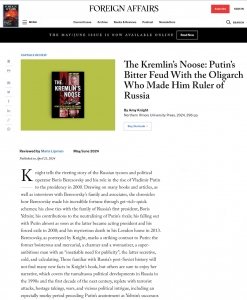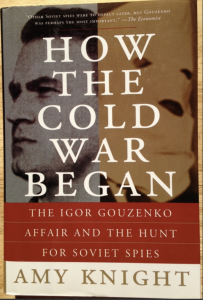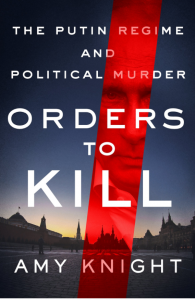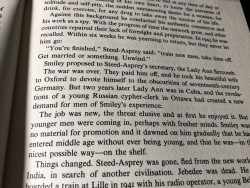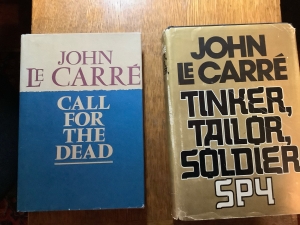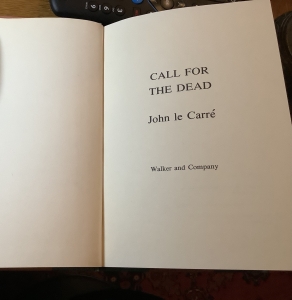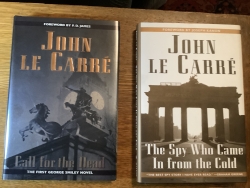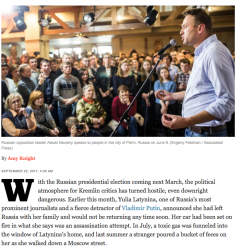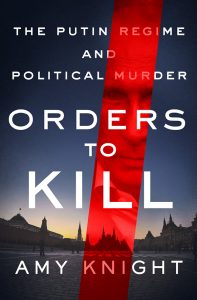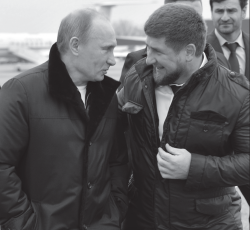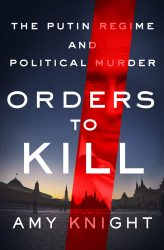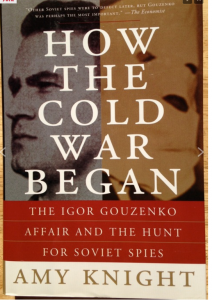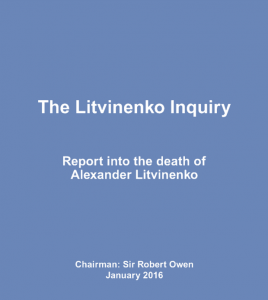First Reviews of “The Kremlin’s Noose: Putin’s Bitter Feud with the Oligarch Who Made Him Ruler of Russia”
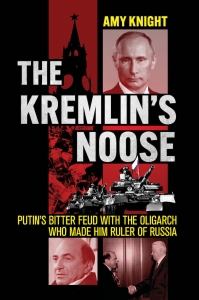
“The Kremlin’s Noose: Putin’s Bitter Feud with the Oligarch Who Made Him Ruler of Russia”, Northern Illinois/Cornell Univ. Press, May 15, 2024 —
Update: On the publication date of The Kremlin’s Noose, May 15, we received this outstanding starred review in Kirkus. The key lines are
“An in-depth examination of the rise and fall of a Russian oligarch….Knight’s thorough research and broad comprehension of Russian politics since the Soviet era allows her to deftly draw linkages between the events that led to Berezovsky’s downfall as she also notes aspects of Berezovsky’s personality that contributed to his demise….A chilling, compellingly written exploration of Russian politics.”—Starred review, Kirkus
Here’s a screenshot of the review: 
I’m excited with the upcoming publication of our agency client Amy Knight’s latest book, The Kremlin’s Noose: Putin’s Bitter Feud with the Oligarch Who Made Him Ruler of Russia, as we’ve seen the first full review of the book. In Foreign Affairs, critic Maria Lipman writes, “Knight tells the riveting story of the Russian tycoon and political operator Boris Berezovsky and his role in the rise of Vladimir Putin to the presidency in 2000.” (Full review screenshot below)
And in Theater Mania—in a review of the new play “Patriots” by Peter Morgan (“The Crown” and “Frost/Nixon”), which also chronicles the testy relationship between oligarch Boris Berzovsky and Putin—critic Ian Stewart writes, “In a book, like Amy Knight’s excellent forthcoming history, The Kremlin’s Noose [the story of the two men is] a thriller.”
Along with the North American print edition of The Kremlin’s Noose (May 15, Northern Illinois/Cornell University Press), we’ve also licensed an audiobook edition to Tantor Media, also due out in May; and foreign editions of the book are coming out from a publisher in Britain (Icon Books, June 2024), and Brazil (2025).
Amy Knight has been called “the West’s foremost scholar” of the KGB by The New York Times. She is also the author of How the Cold War Began: The Igor Gouzenko Affair and the Hunt of Soviet Spies (Carroll & Graf, 2006, for which I was the editor back in the day), and Orders to Kill: The Putin Regime and Political Murder (St Martin’s Press, 2017), the first book for which I was her agent. Orders to Kill is now available in paperback.

